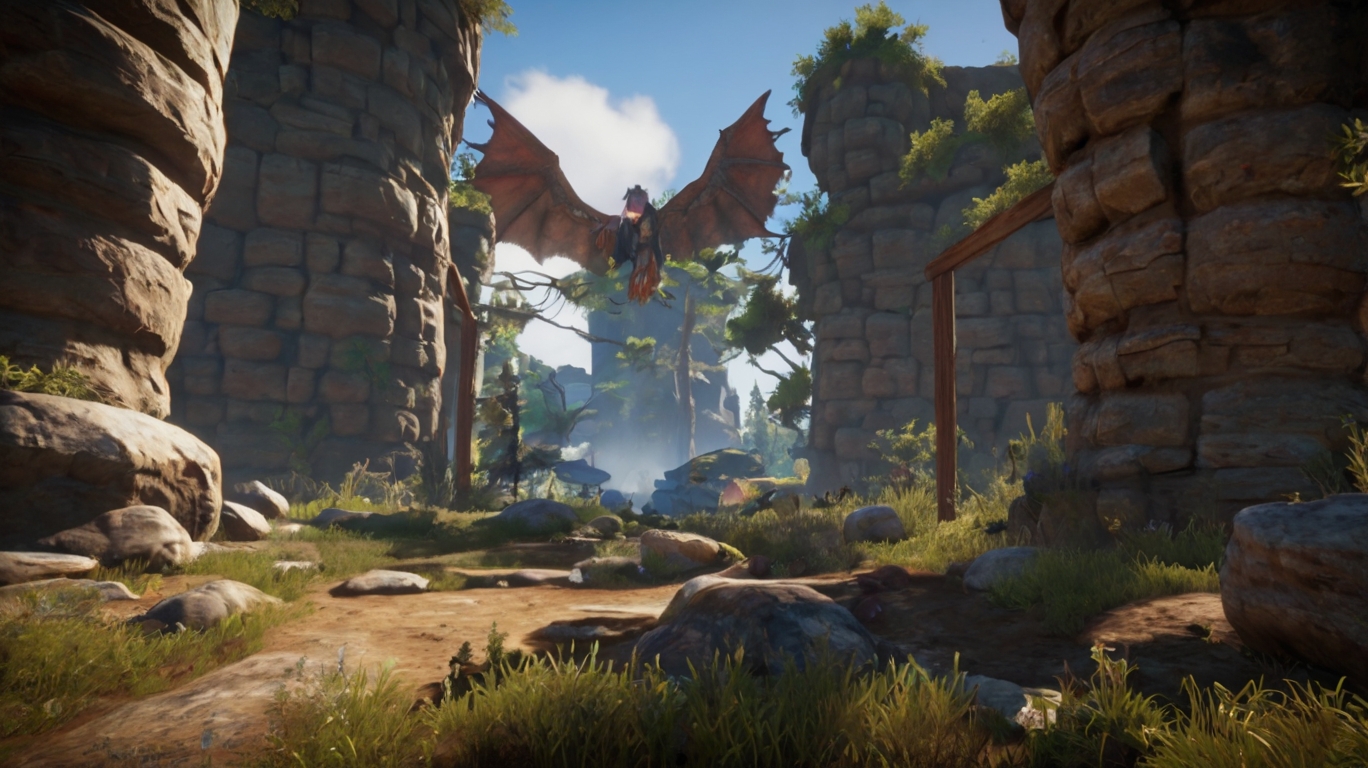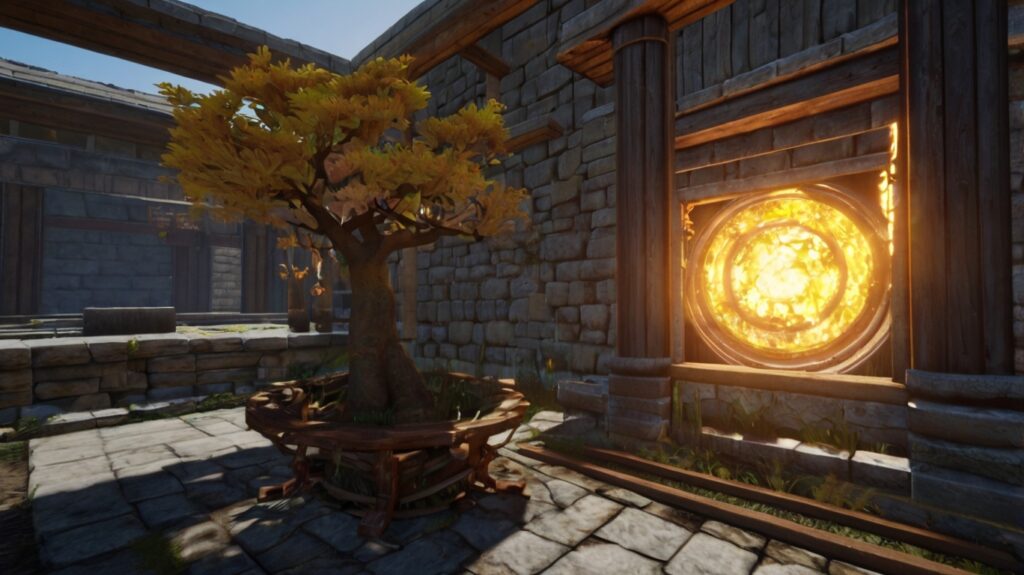
Choosing the appropriate game development engine is one of the most important choices you’ll make as a game developer. The tools at your disposal, the difficulty of your development process, and the final appearance and feel of your game will all depend on the engine you select. With so many options available, it’s critical to think about your project’s requirements, your team’s abilities, and your long-term objectives. We at Melior Games have made this decision many times, so we’ve put together this guide to assist you decide.
1. Understanding Game Development Engines
A game engine is the software framework that provides the necessary tools for game development. It has functions like scripting, physics, input handling, asset management, and graphics rendering. By providing pre-built functionality, game engines streamline the development process and free up developers to concentrate on gameplay and design.
2. Assessing Your Project Needs
Evaluating the needs and scope of your project is essential before delving into particular engines.
- What genre does your game fall under? Various game genres are supported by various engines. For example, Unity works well with both 2D and 3D games, but Unreal Engine is renowned for its high-fidelity 3D graphics, which makes it perfect for first-person shooters or AAA games.
- Which platforms are you aiming for? Make sure the game engine is compatible with the platforms you want to use, such as VR, PC, console, and mobile.
- How much money do you have? While some engines are free, some need to be licensed. Think about your financial limitations.
- Which skills does your team possess? Development can be streamlined with an engine that complements the abilities of your team. Unreal Engine might be a good fit for your team if everyone on it is fluent in C++, whereas Unity’s C# scripting might be more manageable for a team with more expertise with managed code.
3. Popular Game Engines Overview
Here’s a breakdown of some popular game engines, highlighting their strengths and best-use scenarios:
Unity
- Strengths: Wide asset store, robust community support, cross-platform development, flexibility.
- Best for: VR/AR experiences, independent games, mobile games, and 2D and 3D games.
- Considerations: Compared to other engines, it could need more tweaking for high-end visuals.
Unreal Engine
- Strengths: High-end 3D graphics, powerful visual scripting (Blueprints), photorealistic rendering, robust toolset.
- Best for: AAA titles, first-person shooters, games with realistic graphics.
- Considerations: Steeper learning curve, more resource-intensive.
Godot
- Strengths: Open-source, lightweight, easy to learn, strong 2D game development tools.
- Best for: Indie games, 2D projects, and developers seeking a free, community-driven engine.
- Considerations: Less industry adoption compared to Unity and Unreal, fewer out-of-the-box features.
CryEngine
- Strengths: Stunning visuals, powerful environment rendering, advanced lighting systems.
- Best for: High-end 3D games, open-world games.
- Considerations: Less user-friendly, smaller community, fewer learning resources.
RPG Maker
- Strengths: User-friendly, specialized for RPGs, requires no programming knowledge.
- Best for: 2D RPGs, developers with minimal coding experience.
- Considerations: Limited to RPG genre, less customization.
Custom Engines
- Strengths: Complete control over every aspect of development, tailored to specific project needs.
- Best for: Unique projects with specific requirements that off-the-shelf engines can’t meet.
- Considerations: Requires extensive development time and resources, harder to maintain and update.
4. Long-Term Considerations
Consider factors other than the project’s immediate requirements when selecting a gaming engine:
- Scalability: Is there room for more upgrades or extensions on the engine? As your project develops, will it be able to handle increasingly sophisticated features?
- Support and Community: While troubleshooting or learning new features, an engaged community and readily available documentation can be invaluable resources.
- Licensing and Costs: Pay attention to any fees associated with royalties, licensing, or revenue-sharing schemes that could affect how profitable your game is.
- Learning Curve: Take into account how long it will take your team to get comfortable with the engine. Your development timetable might be delayed by a steeper learning curve.

5. Melior Games’ Engine Choice: Unity
At Melior Games, we’ve standardized our development process by exclusively using Unity. This decision stems from Unity’s versatility and robust feature set, which align perfectly with the diverse range of games we create.
Mobile Puzzle Games
For our cross-platform mobile puzzle games with strong 2D support, Unity is an excellent option. The user-friendly interface and ample resources of the engine allow us to swiftly explore and design engaging puzzles that run properly on various devices.
3D Action Games
Unity is still a top-notch for 3D action game developers. We can produce intricate animations, realistic settings, and character models thanks to its extensive toolkit. Because of Unity’s adaptability, we can achieve the highest levels of visual fidelity while still achieving cross-platform performance.
RPG Titles
Unity provides all the necessary tools and customization options to bring our creative concepts to life, especially in more niche genres such as role-playing games. Because of the vast plugin library and scripting capabilities of the engine, we can create complex gaming systems, captivating narratives, and beautiful environments.
Conclusion
At Melior Games, we’ve learned that the key to successful game development lies not just in the tools we use but in how we leverage them to bring our creative visions to life. Whether you’re an indie developer or part of a large studio, the right engine can empower you to create something extraordinary.




